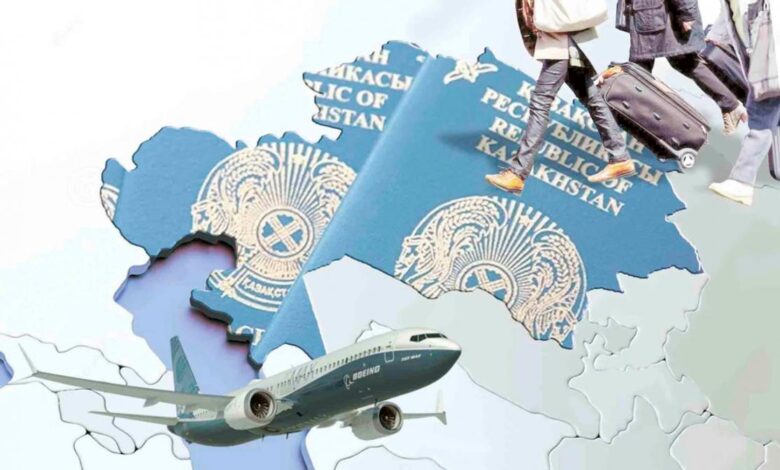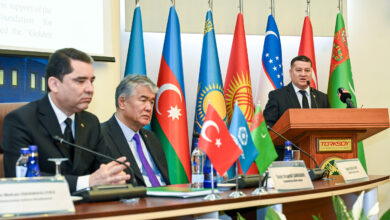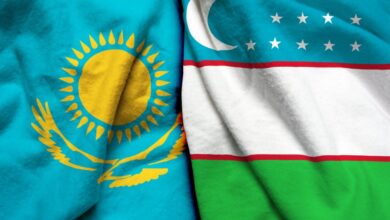Over 5,000 People Relocated Voluntarily Across Kazakhstan Since Early 2025
More than 5,000 citizens, including kandases (ethnic Kazakhs returning to their homeland), have benefited from Kazakhstan’s voluntary resettlement program aimed at balancing the country’s regional labor market.

According to the Ministry of Labor and Social Protection, as of October 1, 2025, a total of 5,213 people have relocated from labor-surplus to labor-deficit regions, including 1,725 kandases and 3,488 internal migrants. All participants received state support. By the end of the year, the number is expected to reach 9,653 people.
Most relocations occurred to the Pavlodar region (1,886), North Kazakhstan (1,516), Kostanay (575), East Kazakhstan (490), Abai (305), Akmola (257), Atyrau (103), Ulytau (43), and Karaganda (38).
Among the new residents, 612 arrived from Uzbekistan, 563 from China, 377 from Mongolia, 84 from Russia, and smaller numbers from Turkmenistan and other countries. Of the total, 2,307 are of working age—over 1,000 have secured permanent jobs, while others have launched small businesses or received training in entrepreneurship.
The majority found employment in healthcare, agriculture, education, and industry.
One example of successful relocation is the Kurmeshov family, who moved from the Mangystau region to Kostanay.
“After applying to the local career center, we were included in the regional quota and received state support covering our relocation and rent costs,” said Kanat Kurmeshov, a karate coach with eight years of experience.
His wife, Lazzat, a graduate in oil industry studies, opened a fitness club with a government business grant. This year, Kanat also received a grant of 1.57 million tenge to start a pastry business.
“Thanks to the government’s support, our family has built a new life and started our own businesses,” Kurmeshov added.
State support under the voluntary relocation program includes:
- One-time relocation subsidy (70 MCI per family member);
- Monthly housing and utilities subsidy (15–30 MCI for 12 months);
- Access to short-term vocational training;
- Assistance with employment or entrepreneurship;
- Economic mobility certificates.
Employers who provide jobs and housing to relocated workers receive a one-time subsidy of 400 MCI per employee for at least two years of employment.



